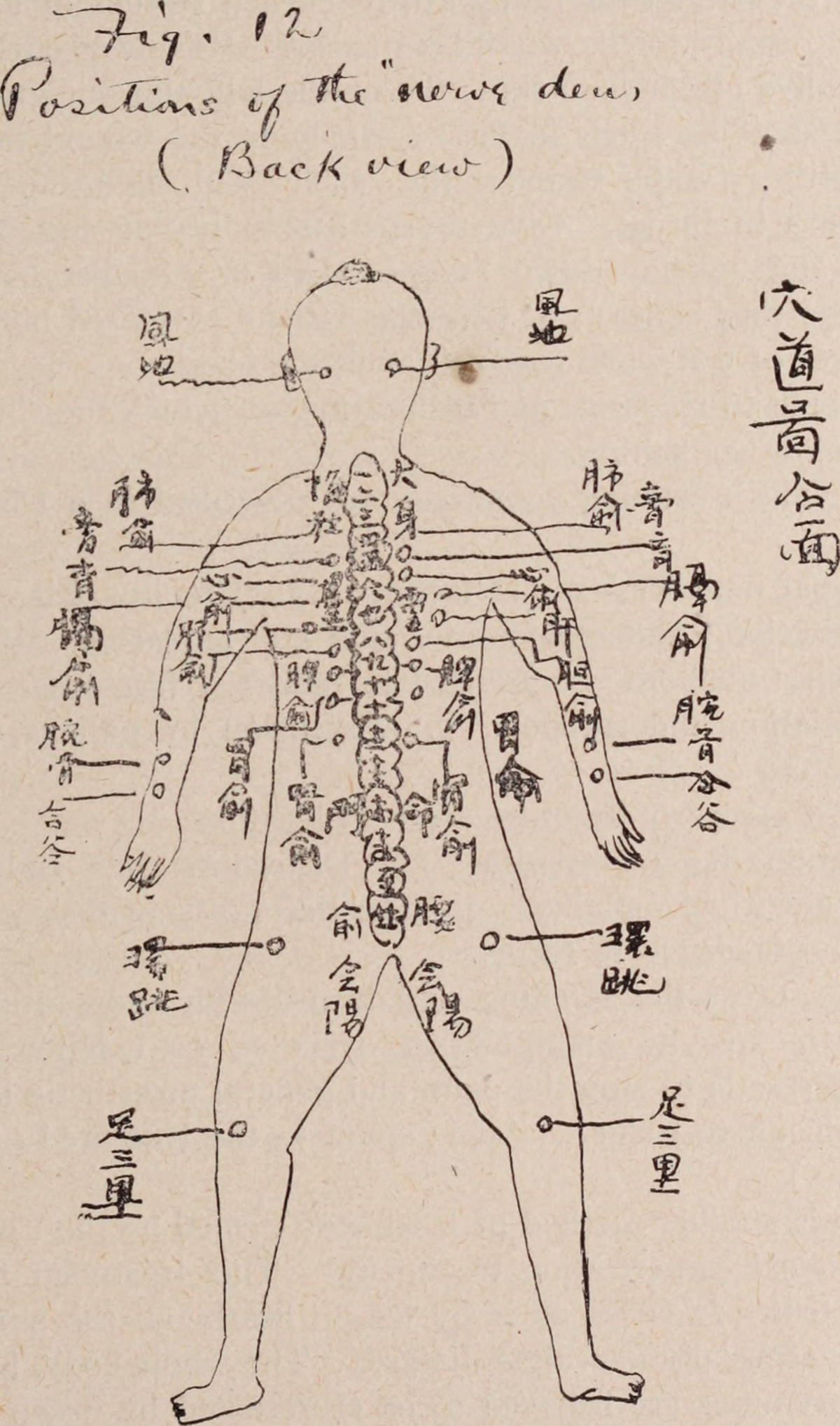
Children Concussion
When the problem we are going to talk about happens, the blood vessels and the nervesof the brain are damaged due to an injury of the head. This can produce animpaired functioning of the brain, which usually lasts for a short period oftime. This may be one of the most common problems children can experience.There are three types of the concussions that can be present among children and those are grade 1, 2 and 3. A very mild form of the concussion is the type oneand it does not lead to the loss of consciousness. It can only create shortconfusion. The next type, which is the type 2, is a bit more serious problemthat prevents the children from thinking in the exact time frame, which iscommonly over the 20 minutes. After the concussion, the child will not lose consciousness,but, it will not remember what has just happened. The most serious type is thegrade three, which involves loss of consciousness that usually does not lastsmore than several minutes. It can also create short memory loss of the previousoccurrences.
Symptoms
Tiredness, general sickness, headache and dizziness, and the most common problemexperienced. These problems might be present when the child is attempting tomemorize something. Also, clumsiness and confusion are two symptoms that canalso accompany concussion among children. Some of other problems that canaccompany concussion are nausea, vomiting, blurred vision and fatigue. Somecases show the elimination of memories connected with something the child haslearned some time ago. Some mental problem can be present, along with thephysical ones. Concussion can be accompanied by the hampered thinking or thelearning difficulty, although in some cases, the child can even be very moody by the effect ofconcussion. One of the ways you can see if your child has suffered a concussionis to monitor its sleeping habits and patterns. The concussion can be seen ifthe child sleeps more or less than usually. Also, coordination can be impaired,along with speaking and interacting problems. One of the problems that arealso possible is loss of energy and lack of enthusiasm. In some cases, numbnesswas also present.
Diagnosis
When you arrive at the hospital with a child who exhibits symptoms of aconcussion, the doctor will check heart with the use of a stethoscope and thetemperature of the child. Other tests that can be done include X-rays, MRItest, CT scan, blood test and pulse oximeter. Remember that child has to berestrained from activities and should be resting for some time after theconcussion.


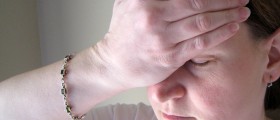
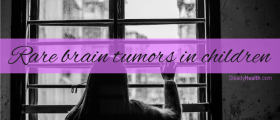

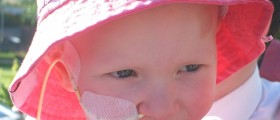
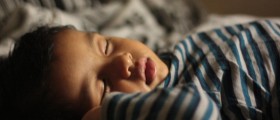
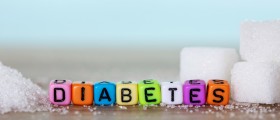
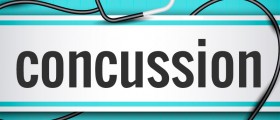
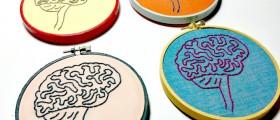

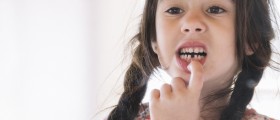

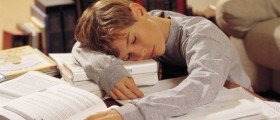
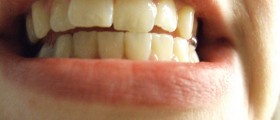

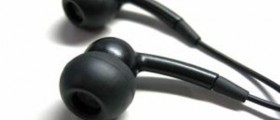
Your thoughts on this
Loading...